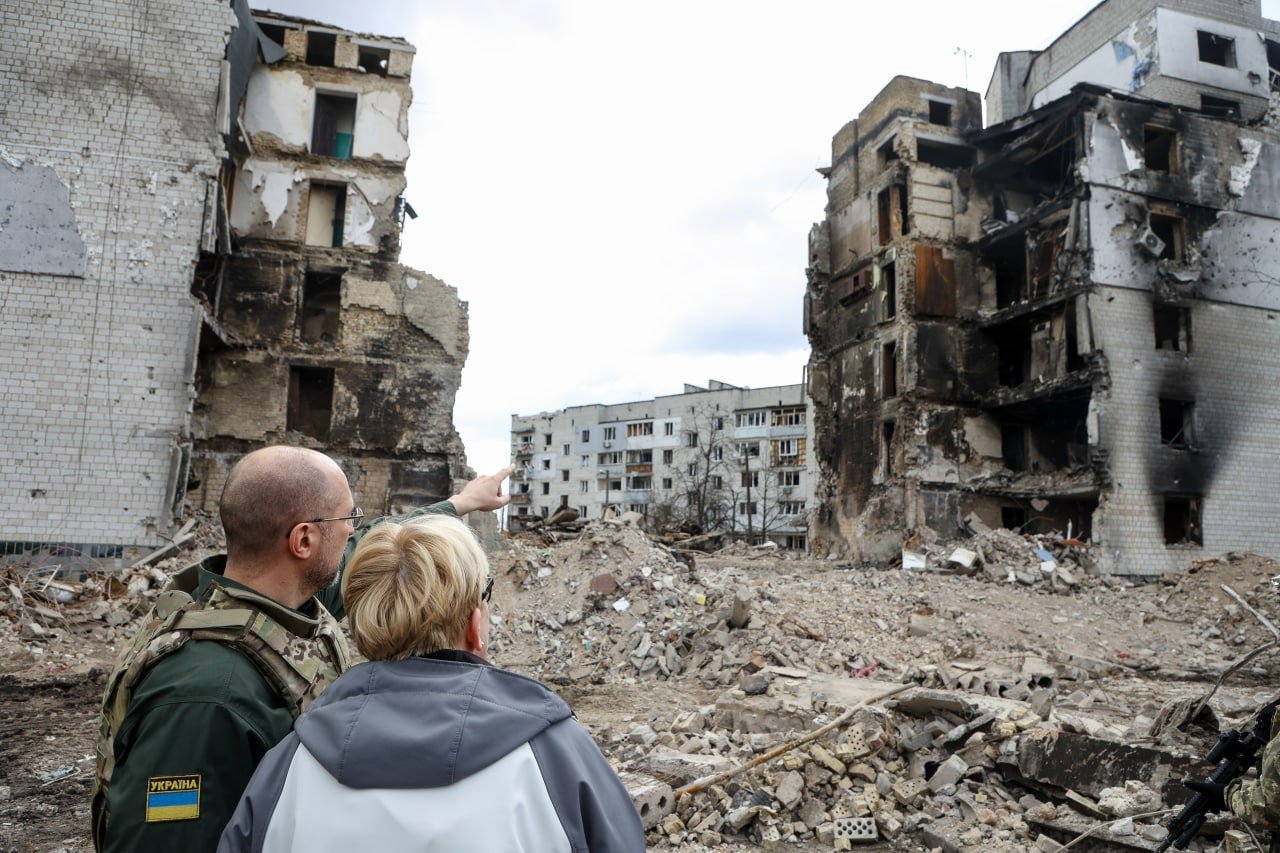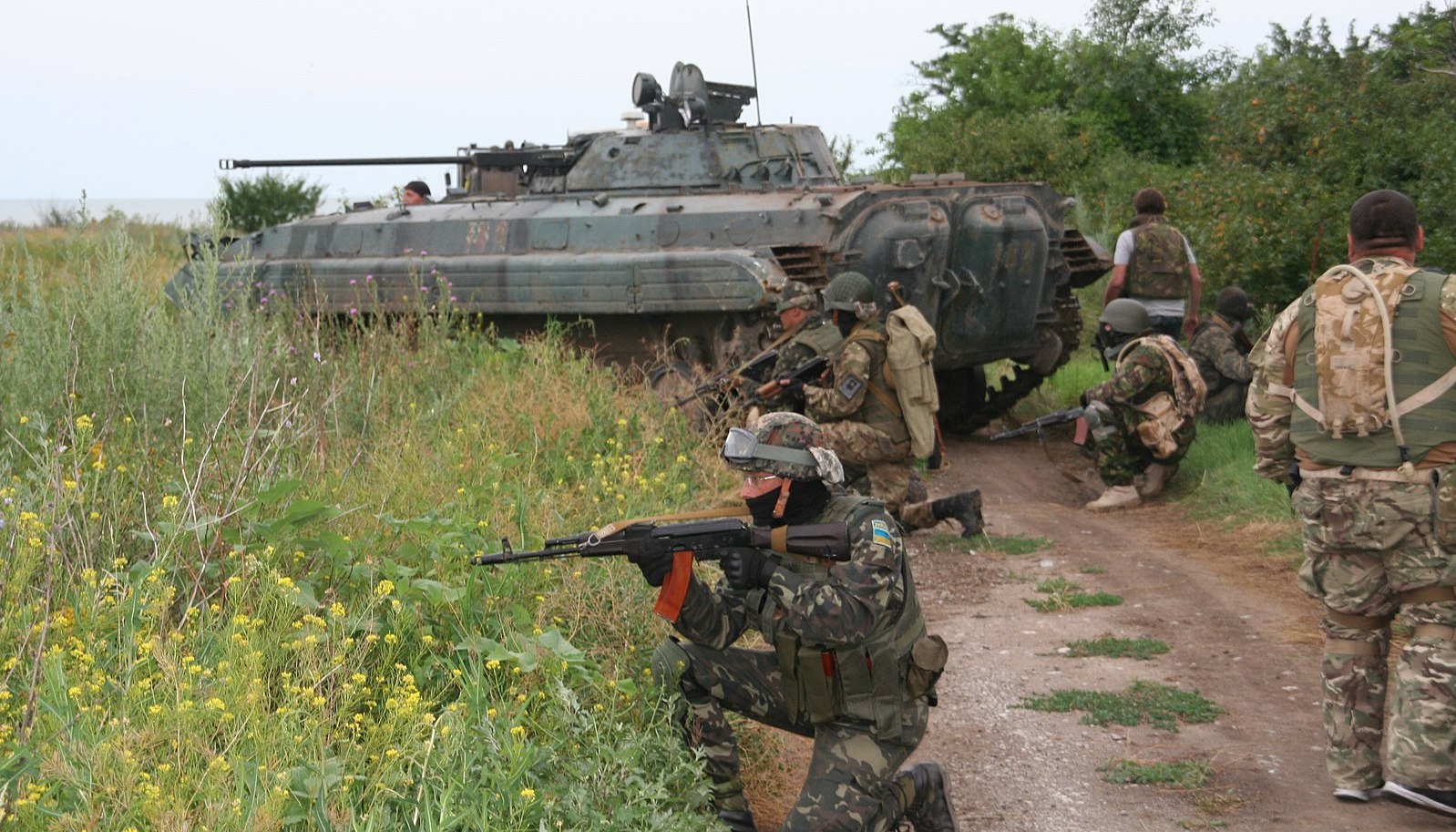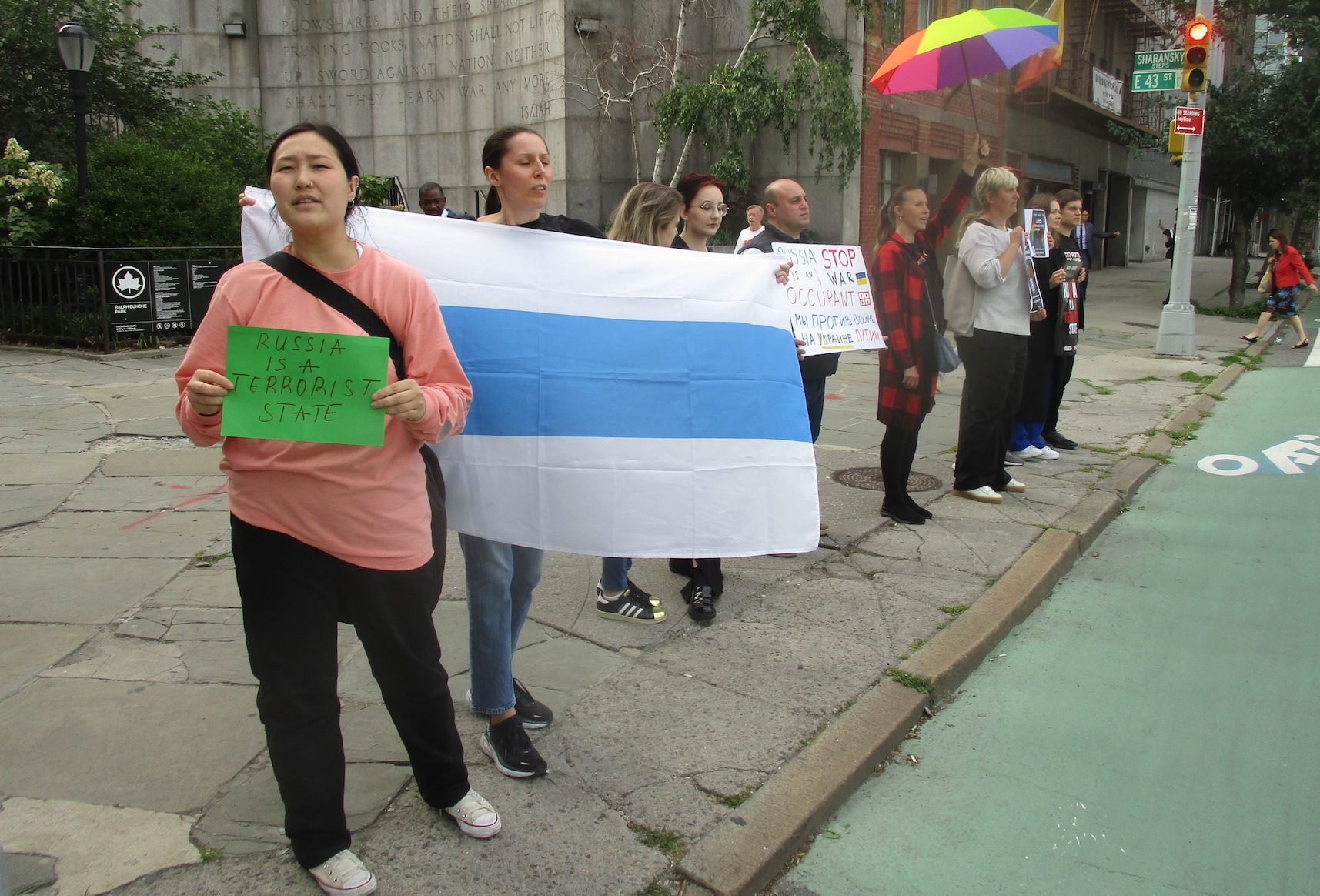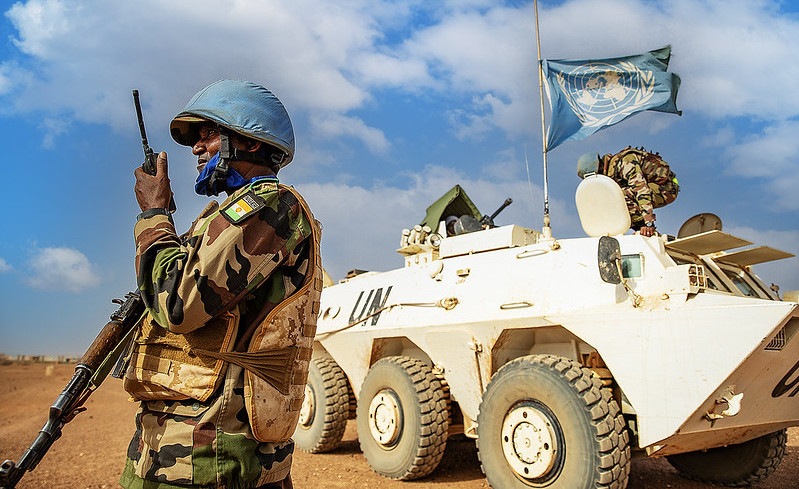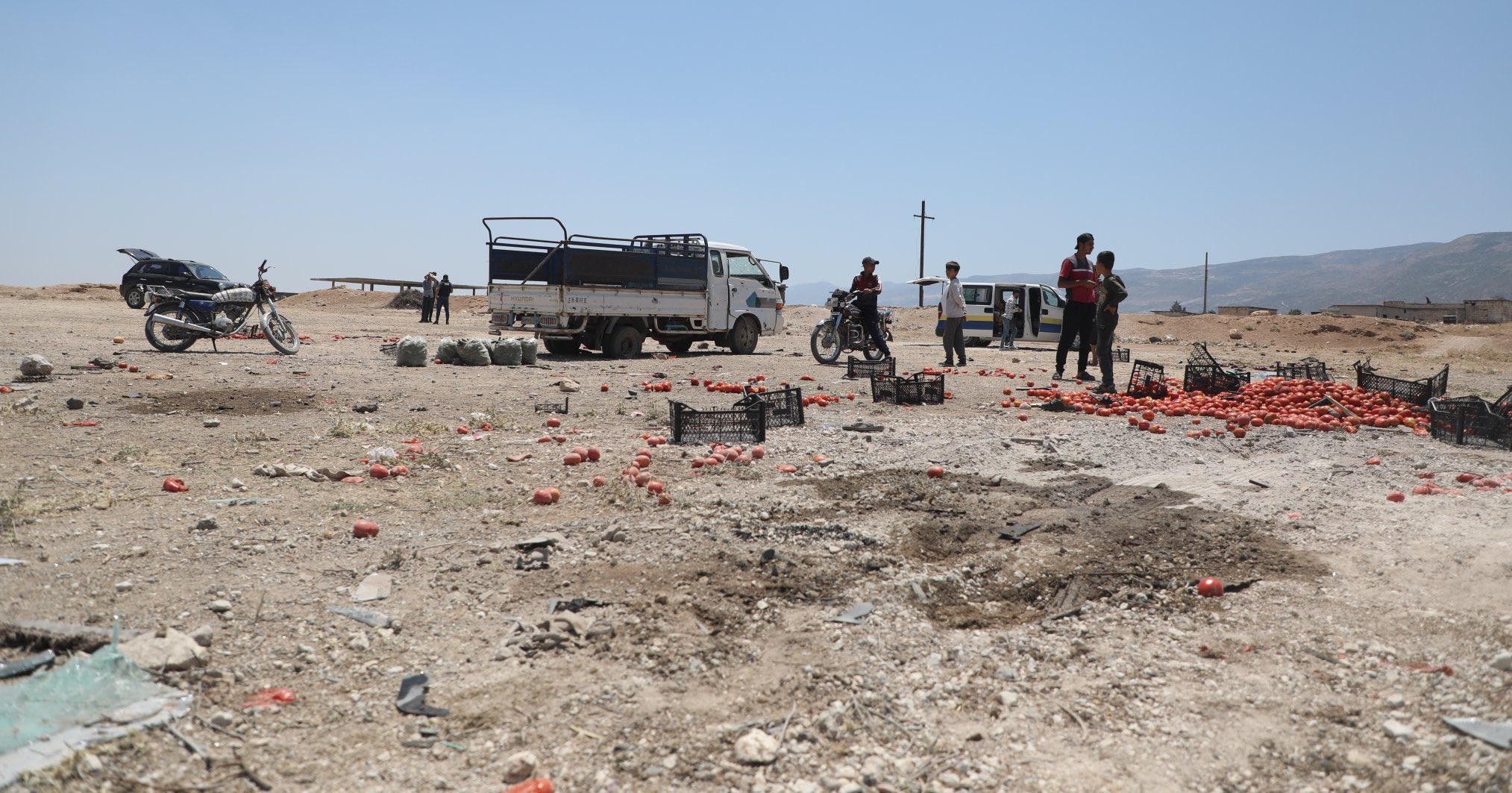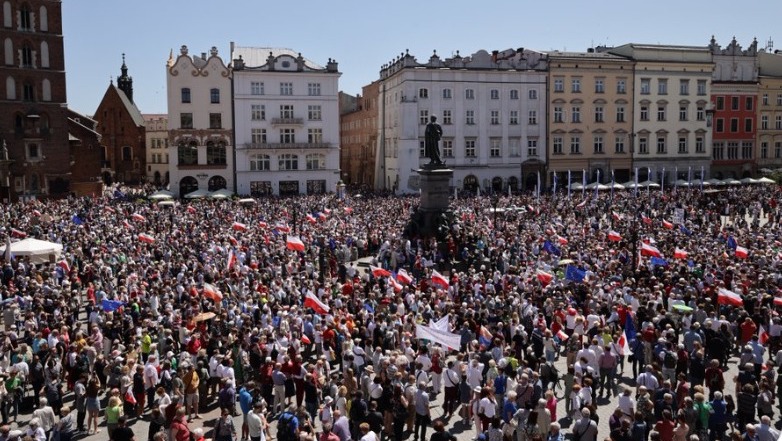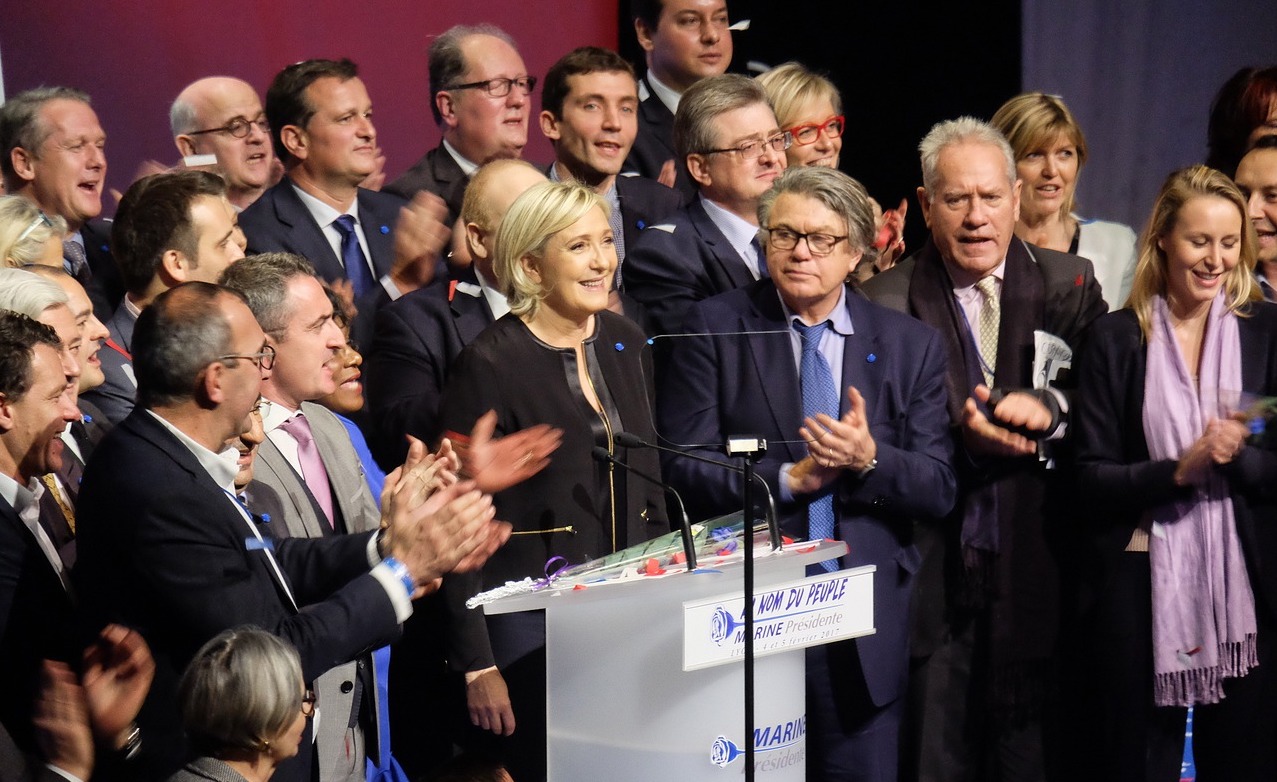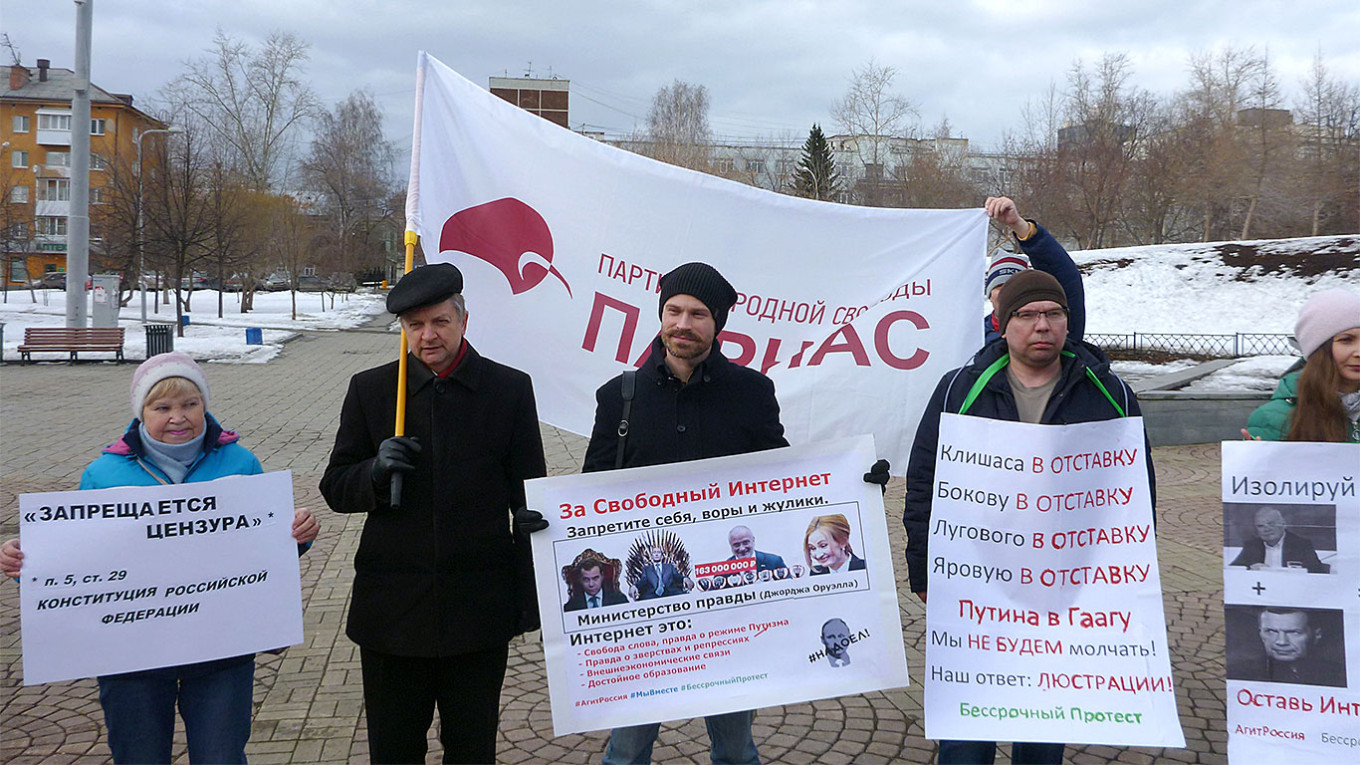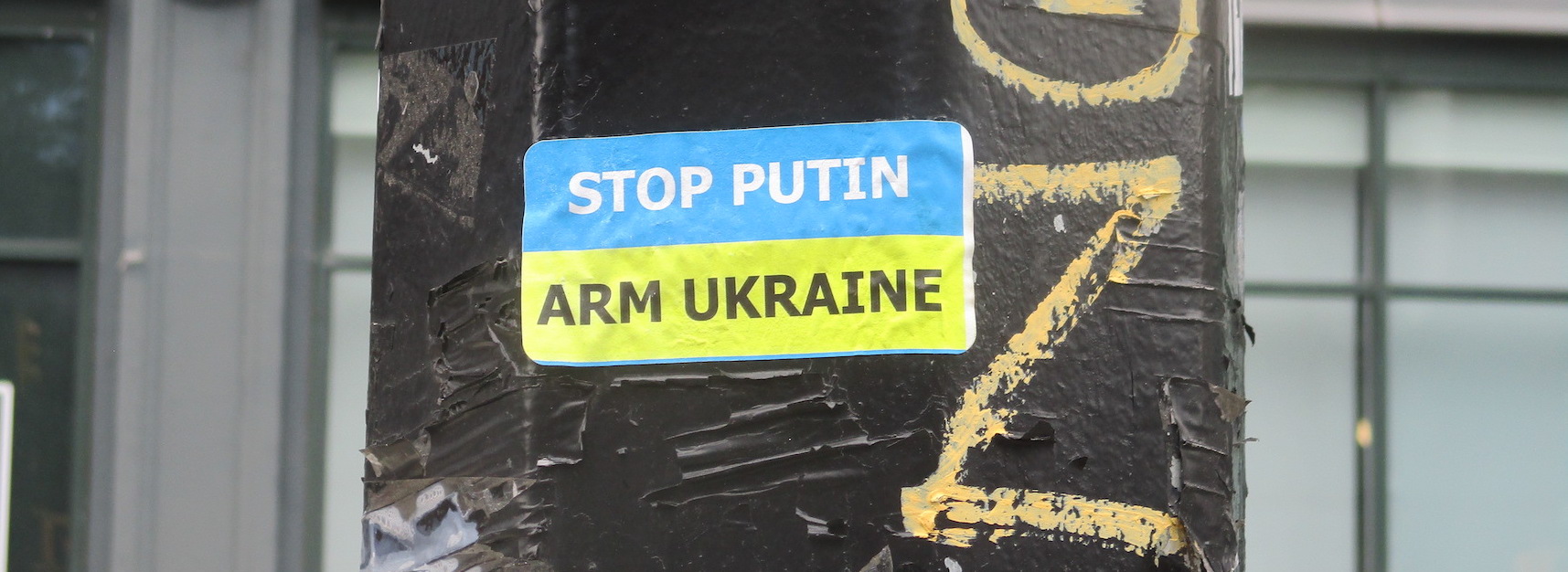
US to provide Ukraine with cluster munitions —despite protests
The US announced it will provide Ukraine with cluster munitions, despite a plea from Human Rights Watch for both Russia and Ukraine to cease their use of the controversial weapons, which have already caused many civilian deaths and injuries over the course of the war. In a White House press briefing, National Security Advisor Jake Sullivan stressed that the US deferred the decision for as long as possible due to such considerations, but ultimately found that the harm of a continued Russian offensive outweighed the risks of providing the munitions. Russia and, to a far lesser extent, Ukraine have used cluster munitions since the start of the war in February 2022, despite international criticism from bodies including the UN Human Rights Council. (Photo from Little Ukraine, NYC: CounterVortex)



